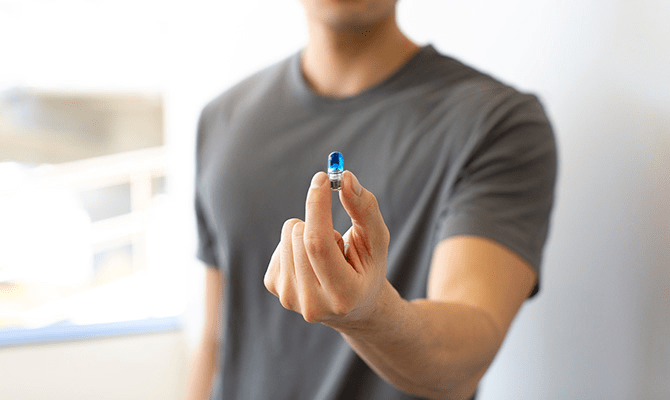BT-200: liquid formulation of a GLP-1 receptor agonist delivered via BioJet for the treatment of type 2 diabetes
We are developing BT-200 (formerly PGN-OB2) as a combination product of a GLP-1 receptor agonist and the BioJet device for the treatment of type 2 diabetes. GLP-1 receptor agonists are a leading class of therapeutics for type 2 diabetes. We believe oral GLP-1 receptor agonists will be preferred by patients to injectables, resulting in a significant market opportunity.
We are currently advancing development of BT-200 with key preclinical studies.
BT-002: liquid formulation of anti-TNF-alpha monoclonal antibody delivered via BioJet for the treatment of autoimmune conditions
We are developing BT-002 (formerly PGN-OB1) as a combination product of a variant of adalimumab and the BioJet device for the treatment of inflammatory conditions. Several anti-TNF-alpha antibodies have been approved to treat a range of inflammatory conditions. However, all require either intravenous or subcutaneous injection. Adalimumab is approved for a range of inflammatory disorders and is the best-selling drug globally. An oral variant of adalimumab presents a significant opportunity for the many patients who would prefer to avoid painful injections.
BT-002 is currently in preclinical stage development with a formulation that we have developed and scaled to GMP grade material.

Connect with us